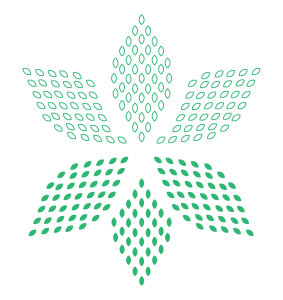News you can use, and practical events
CarbonLink™ runs education seminars and events focused on the benefits and obligations of soil carbon farming.

CarbonLink’s Research Scientist Nicholas Anderson (pictured) recently presented CarbonLink’s latest data on best practice in soil carbon farming at the prestigious Australian Near Infrared Spectroscopy Group (ANISG) Conference held in Cairns, QLD. His presentation focused on NIR as a vital component of soil carbon measurement and an important value proposition for our clients leading to high levels of confidence when measuring carbon content in soil. Well done Nic on delivering this breakthrough research.
Nic is trained in Near Infrared Spectroscopy (NIR) via a Masters, PhD (CQUniversity), and a certificate for Fundamentals and Applications of NIR (University of Cordoba).
Who runs the educational events?
RCS is Australia’s leading private provider of regenerative agriculture education, training and advisory services to the agricultural sector, both nationally and internationally. With values closely aligned with CarbonLink™ their work dovetails with opportunities in soil carbon farming. RCS work with individuals, families, corporates and government groups, empowering them to grow productive, profitable agricultural businesses within regenerative landscapes.
If you would like details on the events below email info@rcsaustralia.com.au,
Or visit RCS online here
2022 Convergence Conference Recordings Now Available
If you missed the 2022 Convergence Conference, or attended and would like to revisit the content, now you can. RSC have released the event on video. For more information visit the link here.
Even small incremental changes in soil carbon can result in massive amounts of carbon taken out of the atmosphere through soil carbon sequestration when scaled over the more than 6 million hectares of land that AACo manage.
(Left to right) Robert Crossley (CarbonLink), Daniel Chapman (AACo Rangelands Manager) and Juan Pablo Guerschman from Cibo Labs Pty Ltd visited 10 AACo properties from the Gulf of Carpentaria, Barkly Tablelands, Victoria River and Darwin over the last couple of weeks as part of the CRC Food Agility Rangelands Project https://lnkd.in/g_STtMHf.
The survey involved more than 1200km of driving on station roads and 5 hours in a helicopter to visit, geotag and describe representative sites for next sampling round, plus the travel between properties. These sites will be sampled by the scientific teams to quantify soil carbon, and pasture woody vegetation biomass at each site.
The focus is to better understand the soil carbon levels in the various landscapes, changes that may be achieved through management strategies in these Rangelands properties, and how we can improve methods of measuring soil carbon in these environments (Food agility photo credit).